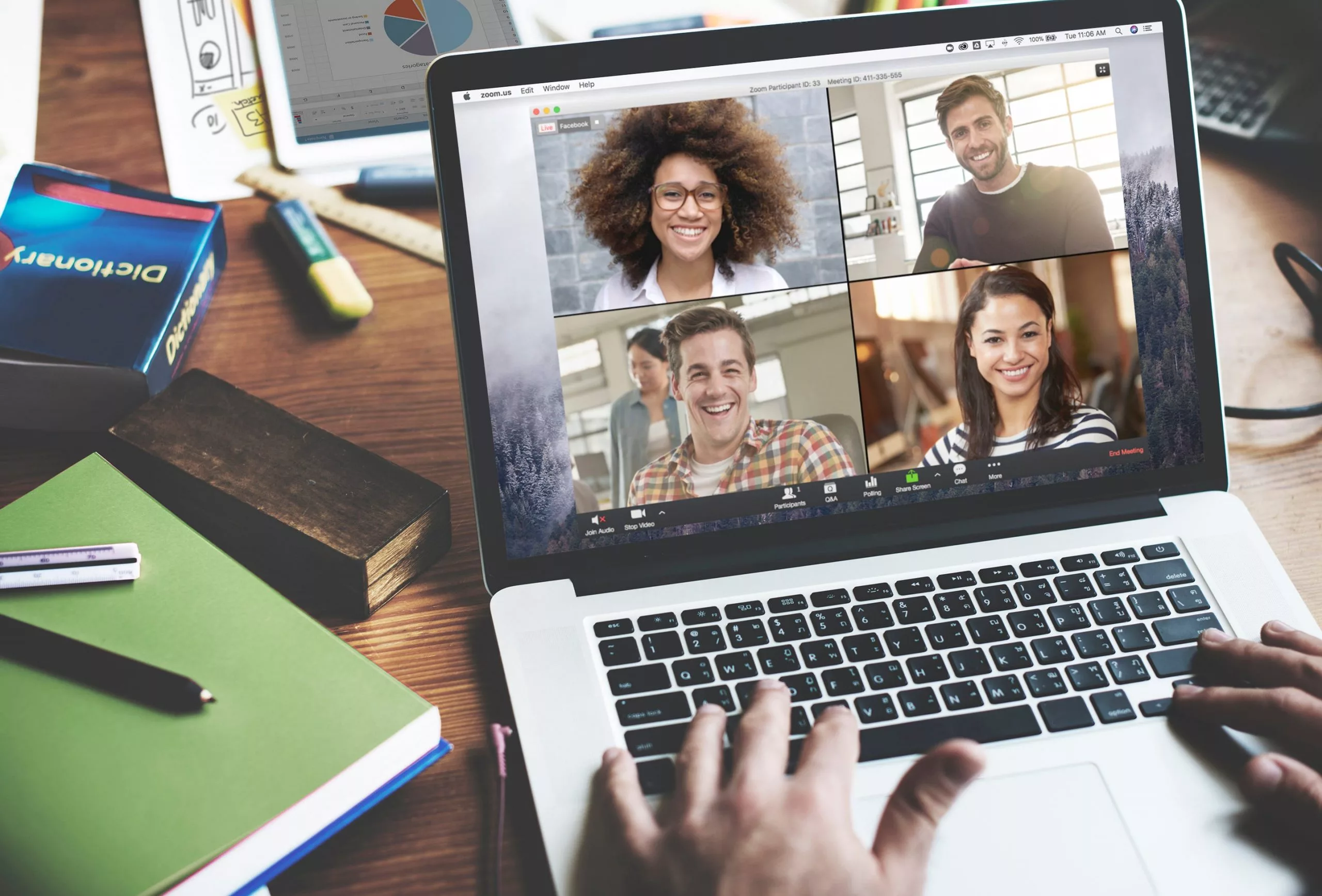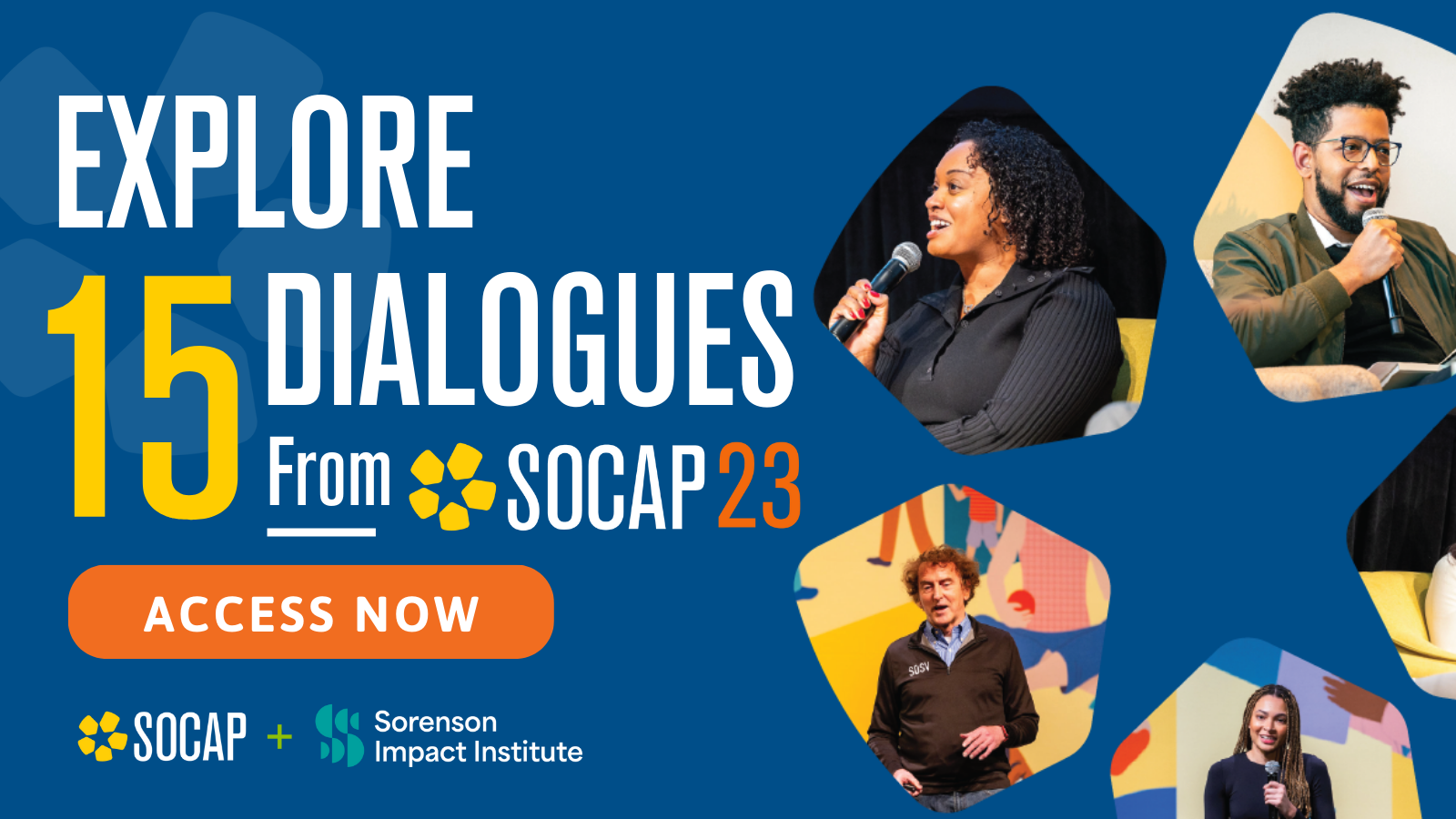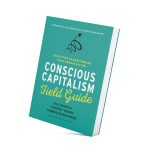“So put your hands in mine tonight. I will be here. When you’re crying out tonight. I will be here.”
Mumford & Sons, Blind Leading the Blind
Creating a series around the theme of conscious culture proved to be more difficult than I had originally imagined. Culture is my jam. I like things that are trendy, and I want trendy things to make the world better. I love the movement towards modern branding and luxury quality for natural products, which lead us to believe that people who are in the know are using natural products. Composting has always kind of overwhelmed me, but learning that Regrained makes Superfood+ bars out of the waste from craft beer made it seem new and exciting. So when I was presented with the theme of Conscious Culture, I immediately thought of how many people I have met who are using their work to shift mainstream culture to a more conscious place.
And I was stoked.
It was a dream come true. I was going to write about musicians, artists, poets, makers, and venues; moving me one step further along in my goal of being affiliated with iconic journalistic culture brands such as Vice, Vox, or Fast Company. I imagined the pieces would be fun and deep all at once, like a Rolling Stone cover article. And the fact that I regularly use poetry or song lyrics as quotes to begin my articles would seem less off-the-wall.
Besides, six months ago I officially added the moniker culture critic to my bio. This is my life’s calling; my soul work – to look at culture and wax both philosophical and practical about how it should and can be better. It had all the components of proving to be my ikigai. It also epitomizes the only way I’ve been able to lean into the wellness concept of loving something in order to change it. Every graduate of the Institute for Integrative Nutrition will tell you that hating your body is the #1 reason you hate your body and that to create the changes you want to see, you have to start loving your body and being grateful for all the things it does right.
Applying that philosophy to mainstream, or even pop, culture meant I could still celebrate the audaciousness that can be American culture and also criticize the parts that are failing and contributing to inequity, misogyny, racism, sexism, class disparity, and the literal destruction of our planet; with the goal always being to shift that culture to a more conscious place.
And then COVID-19 turned everything upside down and stopped us all in our tracks. Everything from predicting next season’s fashions to the latest trendy restaurant opening or when our favorite bands would be in our town moved to the back of the line. On a global level, people are dying and governments are failing to stop it. Deeply embedded cultural notions of freedom, autonomy, and responsibility are fighting with our desires to live and come out on the other side of this. Similarly, cultural notions of whose responsibility it is to take care of whom, who will suffer the most, survival of the fittest, and what is appropriate behavior for any given situation are all showing up with megaphones – mostly arguing with and criticizing each other.
I started feeling like maybe my long-dreamed of series on culture shifters had lost its place. The world just seemed more urgent. I acknowledged that while I have no idea what our world will look like on the other side of this, the one thing I do know is that it will look different. And, while it would be amazing if the result was that some of the necessary work around culture shifting became less of a struggle because the whole world would realize that we have to take care of our planet and the people who live on it, the real-time expositions by those with power make it highly unlikely.
I was reminded of what Robert K. Greenleaf said in his 1970 essay, The Servant as Leader:
Criticism has its place, but as a total preoccupation, it is sterile. If, in a time of crisis, too many potential builders are taken in by a complete absorption with dissecting the wrong and by a zeal for instant perfection, the future of that civilization is dark indeed.
Yes. This was how I had been feeling. There is no way the response to a global pandemic is going to be perfect when the way that our culture has been operating is far from perfect. So what can potential builders do now that will provide help while also providing pathways for change. How can we, as the architects of a new economy, love our people and planet so much that a shift towards better people and a better planet is organic?
Shifting culture is almost impossible and rarely without carnage. On the one side you have those who are attached to the old culture and on the other side you have those who are urging a new culture. Someone has to lose. Whitney Phillips (discussing Robin Wall Kimmerer’s thesis in Braiding Sweetgrass) says in her NiemanLab Predictions for Journalism 2020 statement, that the success of change is dependent on the relationship of these two groups: those who refuse to relinquish their ideological comforts and those who are willing to reimagine their relationship to the landscape, for better and for worse and are prepared to work through the resulting anxiety and grief.
This is why we need culture shifters.
Culture Shifters are bridge builders. Maybe it is not the ratio of the two groups as much as it is the innovation to connect them. As I sat down to think about this and write this piece, my eyes fell to the last line from that paragraph in Greenleaf’s essay
The danger is to hear the analyst too much and the artist too little.
I turned on my Modern Politics playlist – a collection of songs that inspire and encourage me to believe that change is possible – and the first song that came on was Mumford & Sons, Blind Leading the Blind. I sang, danced, and re-read all 10 essays I had written weeks ago.
And I saw that all ten of them matter more today than they did a month ago.
Telling these stories and placing them in the social and cultural context of what our world needs – today and in the future is how I have the power to shift culture. Since we are not known if we are not seen and heard, and if we are afraid of that which we do not know, then it is my joy to be part of continuing to put the names and stories of the people the world needs to see, hear, and know out into the world.
And today, I am honored to share the 10 Brands that follow – and the stories of the 13 of us who are creating them. I urge you to join with us as we hold the hands of the people and planet we know are crying out tonight for a better world.
Take a look at the Culture Shifters and the Bold Insights they’ve discovered in the following 10 articles:
- Peter Nelson, Threshold: Intimacy on a Grand Scale Creates Abundance
- Ryan Murphy, Huntsville Amphitheater: Set the stage and music will change the mood
- Rachel DeCavage, cinder + salt: Give people a reason. Then make it easy for them.
- Keith Whittingham, Artifx Cafe: Understanding the people and places that produce our food will strengthen our world.
- Rachel Kois, Simple Switch: Make it easy for people to do better.
- Madison Grace, Claire A. Pettibone: Fewer Choices = Better Choices
- Tara Milburn, Ethical Swag: It doesn’t always have to be new, just better.
- Judith Beserra, Sacred Mama Organics: The greatest shifts can come from the deepest roots.
- Richard Averitt, Starchive: Sometimes preserving things today changes the world tomorrow.
- Needle Movers, LaKay Cornell, lee lee McKnight and Meghan Elderkin: Sharing even one story in a new way can create a culture shift.







